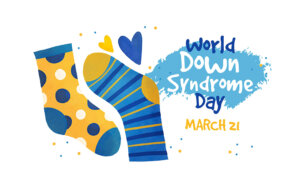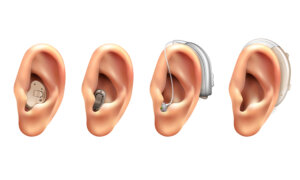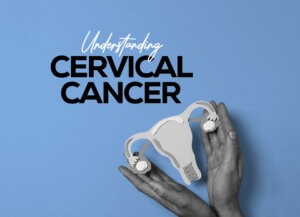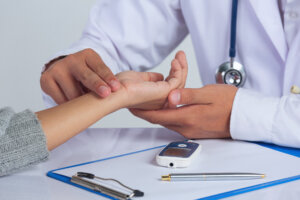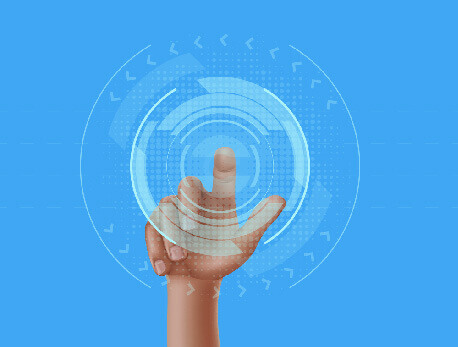World Hypertension Day (WHD) has been an ever-expanding yearly event commemorated on the 17th of May. The main aim of WHD is to educate the public and increase awareness of hypertension, which is also commonly known as high blood pressure. Awareness Days Event Calendar. The 2022 theme as opined by the Pan American Health Organization (PAHO) is Measure Your Blood Pressure Accurately, Control It, Live Longer, focusing on combatting low awareness rates worldwide, especially in low to middle-income areas, and accurate blood pressure measurement methods.
A newsletter by World Health Organization 2021 stated that an estimated 1.28 billion adults aged 30-79 years worldwide have hypertension, most (two-thirds) living in low- and middle-income countries.
Blood pressure is the force exerted by circulating blood against the walls of the body’s arteries, the primary blood vessels in the body. The blood pressure is recorded as two numbers:
Systolic blood pressure (the first number): this represents how much pressure your blood is exerting against your artery walls when the heartbeats.
Diastolic blood pressure (the second number): this represents how much pressure your blood is exerting against your artery walls while the heart is resting between beats.
According to a newsletter by WeCapable 2022, Hypertension, commonly known as high blood pressure, is the condition in which the force of blood flow is too high against the walls of arteries. The situation can lead to severe health complications. It increases the risk of life-threatening conditions like heart diseases and stroke. If not controlled at the right time, hypertension may even lead to death.
Blood pressure over the mark of 140/90 is commonly considered hypertension. When the blood pressure reaches the mark of 180/120, it is considered the case of severe hypertension.
Normally, hypertension does not exhibit any pre-defined symptoms. But, according to the World Health Organization, hypertension is one of the leading causes of cardiovascular death all around the world. This is why hypertension is called a silent killer that kills without any warning.

article by the NHS 2019, states that the cause of hypertension is usually unknown, but it can also be due to unhealthy choices, and underlying medical conditions.
Risk factors include:
- Older Age
- Smoking
- Family history of high blood pressure
- Unhealthy diets (diets high in saturated and trans fats)
- Obesity
- Heavy alcohol consumption
- High sodium or salt diet
TYPE OF HYPERTENSION
There are two major types of hypertension according to Healthline 2022’s newsletter they include the following:
- Primary Hypertension (also known as Essential Hypertension):
Most adults with hypertension are in this category. It’s thought to be a combination of genetics, diet, lifestyle, age, and lifestyle factors including smoking, excessive alcohol consumption, stress, overweight, excessive salt consumption, and physical inactivity.
- Secondary high blood pressure:
This is when there’s an identifiable and potentially reversible cause of hypertension. Only about 5-10% of hypertension is in the secondary type. It’s more prevalent in younger people. An estimated 30% of those ages 18 to 40 with hypertension have secondary hypertension. This may also be caused by another medical condition or the use of certain medicines. It usually gets better after you treat that condition or stop taking the medications that are causing it.
SIGNS AND SYMPTOMS OF HYPERTENSION
Hypertension is often called a “Silent Killer” because it may have no warning signs and symptoms. Without detection, hypertension can damage the heart, brain, blood vessels, and other organs, such as the kidneys and Eyes.
Signs and symptoms are due to organ involvement or damage and some of these include the following according to a blog post by MedicalNewsToday 2022
- Profuse sweating.
- Insomnia
- Headache
- Dizziness
- Nervousness/Anxiety
- Nausea
- Vision changes and buzzing in the ears
- Nosebleed (Epistaxis)
- Confusion.
- Fatigue.
- Excess sweating.
COMPLICATIONS OF HYPERTENSION
The following are complications of hypertension stated by Adam Felman, 2021:
- Heart failure and heart attacks
- Aneurysm, or an atypical bulge in the wall of an artery that can burst
- Kidney failure
- Stroke
- Amputation
- Hypertensive retinopathies in the eye, which can lead to blindness
PREVENTION /MANAGEMENT OF HYPERTENSION.
While drugs are being used for the management and control of hypertension. Lifestyle management is usually the first approach. Lifestyle changes can help you control and prevent high blood pressure, even if you are taking blood pressure medication. Here is what you can do as opined by NHS 2019 :
- Healthy Diet: This involves using the DASH method (Diet approach to stop hypertension) and this emphasizes fruits, vegetables, whole grains, poultry, fish, and low-fat dairy foods. Get plenty of potassium, which can help prevent and control high blood pressure. Eat less saturated fat and trans-fat.
- Decrease salt intake.
- Maintain a healthy weight: increase physical activity. Regular physical activity can help lower your blood pressure, manage stress, keep your weight under control and reduce your risk of many health conditions. If you have high blood pressure, consistent moderate- to high-intensity workouts can lower your top blood pressure reading by about 11 mm Hg and the bottom number by about 5 mmHg.
- Manage stress: Reduce stress as much as possible. Practice healthy coping techniques, such as muscle relaxation, deep breathing, or mindfulness. Getting regular physical activity and plenty of sleep can help, too.
- Limit Alcohol intake: Even if you are healthy, alcohol can raise your blood pressure. If you choose to drink alcohol, do so in moderation. For healthy adults, that means up to one drink a day for women, and up to two drinks a day for men. One drink equals 12 ounces of beer, 5 ounces of wine, or 1.5 ounces of 80-proof liquor. More so, it is important to stop tobacco and excessive caffeine consumption.
CONCLUSION
Controlling your blood pressure is a lifestyle commitment. It could be very tasking as it is an illness with no cure. It is important to keep and follow up with doctor’s appointments, drug regimens, and modifications of lifestyle activities.



